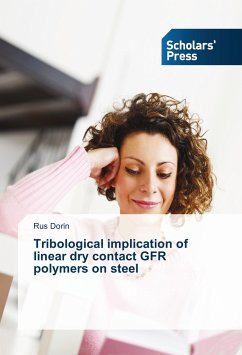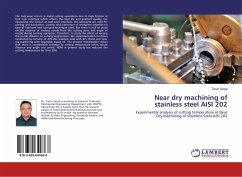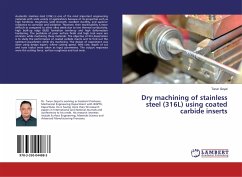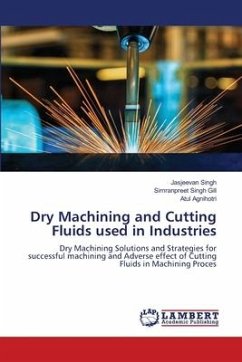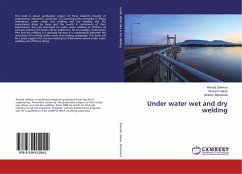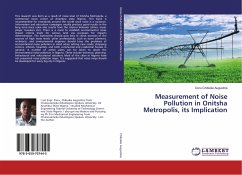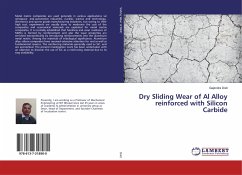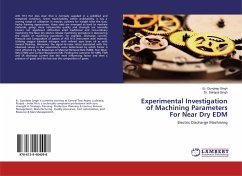The linear dry contact between glass fiber polymer and steel is one of the most complex. It evolves in time as the wear process is under way. From a qualitative point of view, it is known that an increase in friction leads to an increase in wear. This dependency is clarified only in this paper, both qualitatively and quantitatively, because the increase in contact temperature alongside the increase of normal load induces the transfer of plastic material on the wear metal surface, which leads to a modification of the nature of wear. As a result of the filling consisting of short glass fiber, the characteristic of the wear of the metal surface changes constantly, from abrasive to adhesive, abrasive-adhesive, and finally heavily adhesive and corrosive. In order to capture these aspects, a lot of tests are required, microscopic investigations, measurements and interpretations. This paper has the virtue of finding a global qualitative and quantitative method to present this aspect to everybody, succeeding to present the tribological processes that occur in the case of linear dry sliding contact, in their entire complexity.
Bitte wählen Sie Ihr Anliegen aus.
Rechnungen
Retourenschein anfordern
Bestellstatus
Storno

